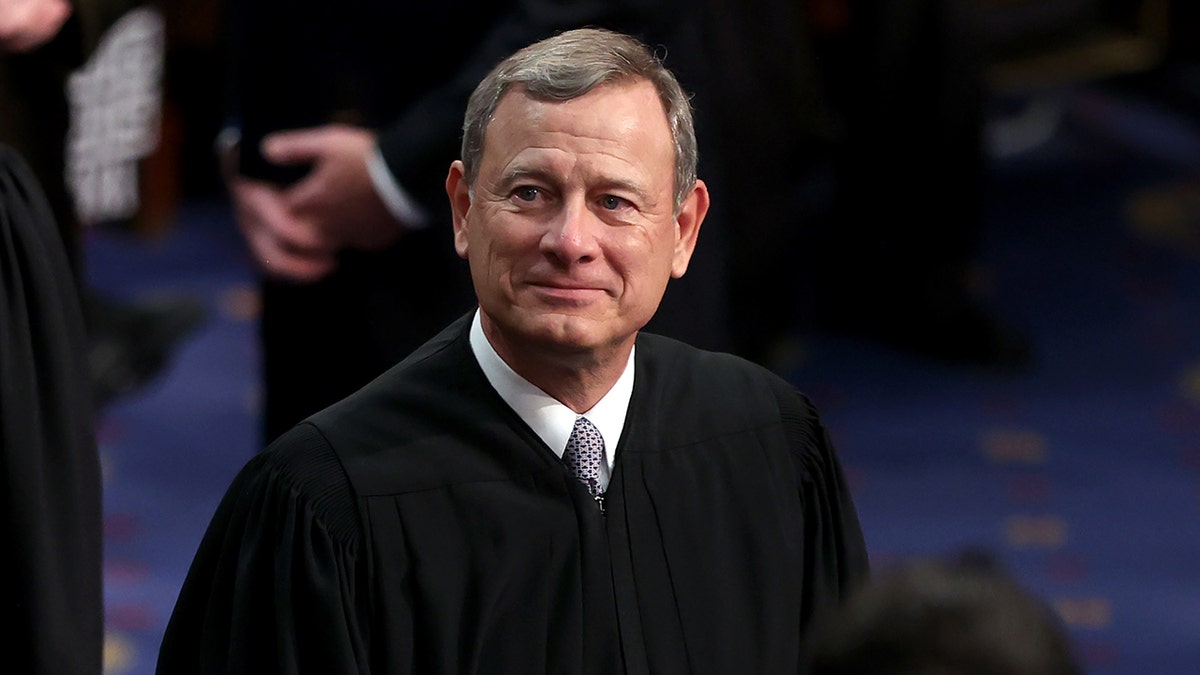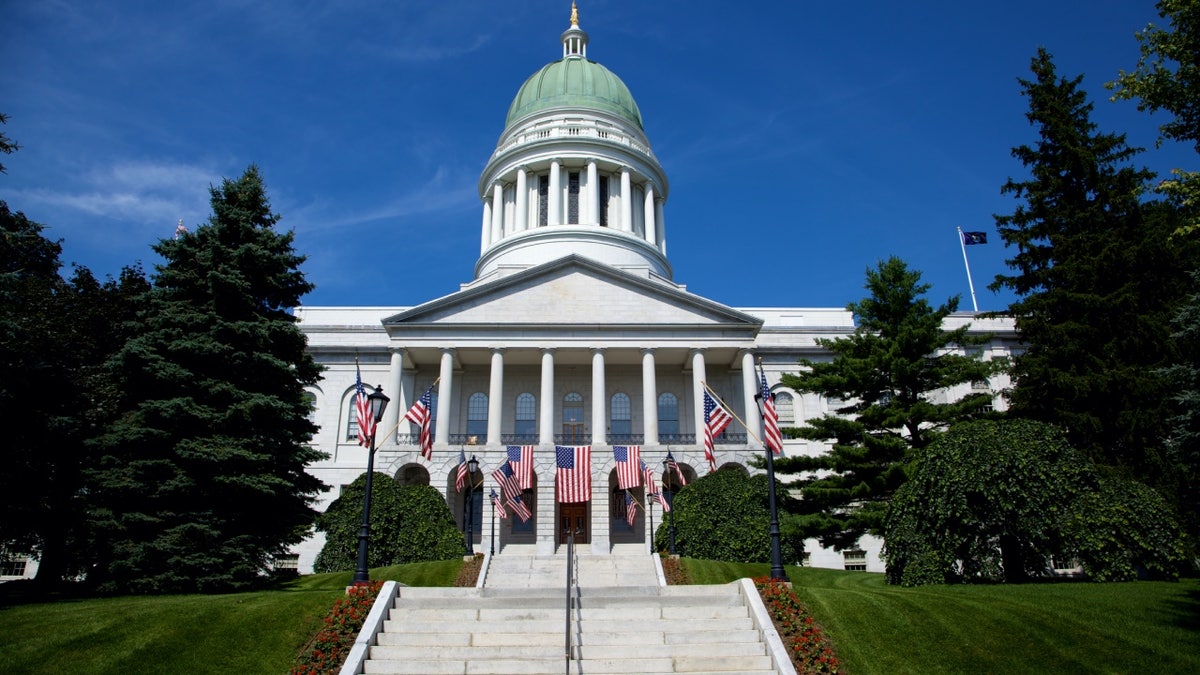Political power is Democrats' religion: Ned Ryun
American Majority CEO Ned Ryun reacts to former House Speaker John Boehner crying on Capitol Hill on 'The Ingraham Angle.'
A church in Maine is suing various state officials in response to a law that prevents private religious schools from receiving tuition assistance program funds unless they comply with the state's LGBT anti-discrimination policy.
Crosspoint Church, which operates Bangor Christian Schools in Bangor, filed a complaint Monday in the U.S. District Court for the District of Maine.
The Maine law requires academic institutions participating in the state's school choice program to adhere to an official anti-discrimination policy in the Maine Human Rights Act, which includes prohibiting discrimination on the basis of sexual orientation and gender identity.
Because the Christian school adheres to the belief that marriage is between one man and one woman and rejects any gender identity that does not correspond with one's biological sex, the lawsuit argues that the state's requirement is a "poison pill" that "effectively deters religious schools from participating and thereby perpetuates the religious discrimination at the heart of the sectarian exclusion."
SUPREME COURT RULES MAINE TUITION PROGRAM VIOLATES FIRST AMENDMENT FOR EXCLUDING RELIGIOUS SCHOOLS

The church affiliated with Bangor Christian Schools filed a complaint regarding a Maine law prohibiting its tuition assistance program from being used for religious schools. (Google Maps)
Maine's tuition program, which is the second-oldest school choice program in the U.S., permits parents residing in school districts that do not have a high school to select either a public or private school for their children.
Approximately 5,000 students reside in such districts and are therefore eligible for the program, which in 1981 adopted a "non-sectarian" requirement, citing the First Amendment.
The Supreme Court ruled 6-3 last June that the non-sectarian requirement violated the First Amendment's Free Exercise Clause for excluding religious schools from eligibility.
CNN WORRIES SUPREME COURT RULING IN FAVOR OF RELIGIOUS SCHOOLS ‘ERODES’ ESTABLISHMENT CLAUSE

Chief Justice John Roberts wrote the Supreme Court's opinion last year ruling that Maine's non-sectarian requirement for its tuition assistance program was unconstitutional. (Julia Nikhinson-Pool/Getty Images)
"Maine’s ‘nonsectarian’ requirement for its otherwise generally available tuition assistance payments violates the Free Exercise Clause of the First Amendment," Chief Justice John Roberts wrote in the court's opinion in the case. "Regardless of how the benefit and restriction are described, the program operates to identify and exclude otherwise eligible schools on the basis of their religious exercise."
When the Supreme Court issued its ruling, then-State House Speaker Ryan Fecteau tweeted that he had "anticipated the ludicrous decision from the far-right SCOTUS." The Maine State Legislature altered the law to mandate that a school must not violate the anti-discrimination policy regarding sexual orientation and gender identity to be eligible for the program, the lawsuit argues.
"The Legislature crafted the poison pill explicitly to circumvent the Supreme Court’s decision in Carson. The poison pill also specifically targeted [Crosspoint Church], who operates the school that two of the Carson plaintiffs attended," the lawsuit alleges.
The suit argues that the state's enforcement of the Maine Human Rights Act to unconstitutionally discriminate against Bangor Christian Schools.

Maine State Capitol in Augusta, Maine. (eyecrave productions via Getty Images)
Maine Attorney General Aaron Frey released a statement in the wake of the Supreme Court ruling that said he was "terribly disappointed and disheartened" by it and maintained that religious schools were still ineligible for the tuition program because of their religious stance on sexuality and gender, which Frey said "is fundamentally at odds with values we hold dear."
Frey also said that he would "explore with Governor Mills’ administration and members of the Legislature statutory amendments to address the Court’s decision and ensure that public money is not used to promote discrimination, intolerance, and bigotry."
"Maine lost at the U.S. Supreme Court just last year but is not getting the message that religious discrimination is illegal."
Lea Patterson, counsel for First Liberty Institute that is representing Crosspoint Church, said in a statement that "Maine lost at the U.S. Supreme Court just last year but is not getting the message that religious discrimination is illegal."
CLICK HERE TO GET THE FOX NEWS APP
"Maine’s new law imposes special burdens on religious schools in order to keep them out of the school choice program. Government punishing religious schools for living out their religious beliefs is not only unconstitutional, it is wrong," she added.

























